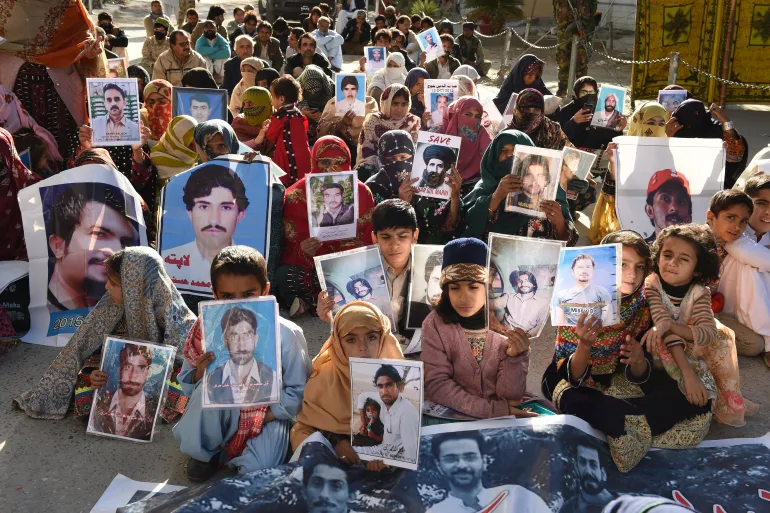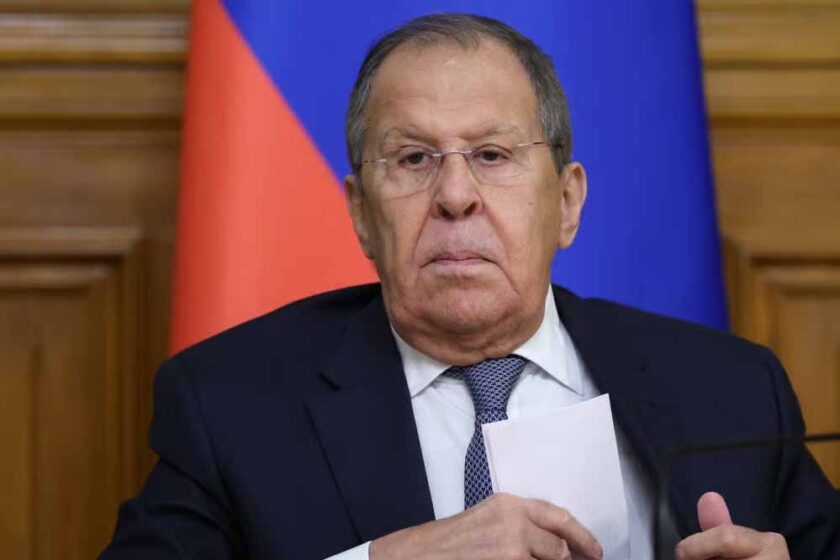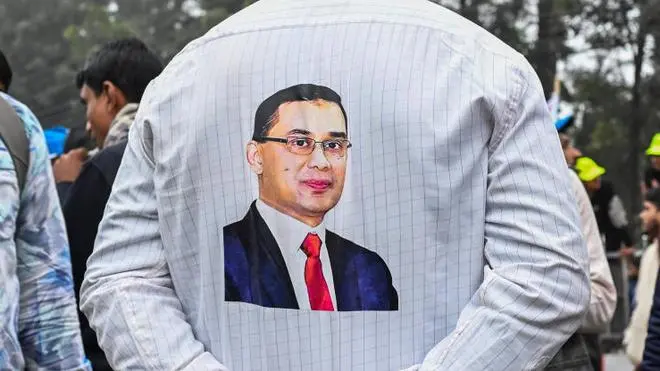Islamabad: The human rights situation in Pakistan’s largest and resource-rich province, Balochistan, has taken a grim turn following the discovery of four bodies of missing Baloch men earlier this week. The victims were reportedly abducted four days prior, sparking widespread outrage among local communities and human rights organizations. Families and advocacy groups have blamed Pakistani security forces and government-backed militias, describing the killings as part of a systematic campaign of violence in the region.
According to local news outlet The Balochistan Post, three of the victims—identified as Quddus Baloch (son of Umaid), Nek Sal Baloch (son of Dilwash), and Nazar Arz Muhammad (son of Arz Muhammad)—were found near Sorap Dam in the Bela district of Kech. The men, who were drivers and involved in cross-border trade, were reportedly taken into custody by Pakistani security forces and a militia known as the “death squad” on September 30. Their bodies were discovered the next day, shot multiple times.
Another case involved the body of Janzaib Baloch (son of Roshan), found near the Leyri Hassan Hotel along the Makran Coastal Highway in Uthal, Lasbela district. He had been abducted from his home in Pasni on September 28.
Such enforced disappearances and the subsequent discovery of mutilated bodies have become increasingly common in Balochistan. Despite repeated appeals from human rights organizations, authorities have yet to take substantive action or hold anyone accountable. Families of the victims continue to demand transparent investigations and justice.

Balochistan, despite being rich in oil, coal, gold, copper, and gas, remains economically marginalized for its local population. Major development projects, such as the China-Pakistan Economic Corridor (CPEC) and the Gwadar port, have intensified local grievances, with residents accusing the military and intelligence agencies of resource exploitation while suppressing dissent.
The Human Rights Council of Balochistan reports over 500 enforced disappearances in the province during the first six months of 2025 alone. Many victims are later found dead in staged encounters, a tactic described as part of a “dirty war” targeting students, poets, teachers, and activists. Past incidents, such as the November 2024 killings in Musa Khel district, triggered large-scale protests, highlighting the ongoing human rights crisis in the region.










